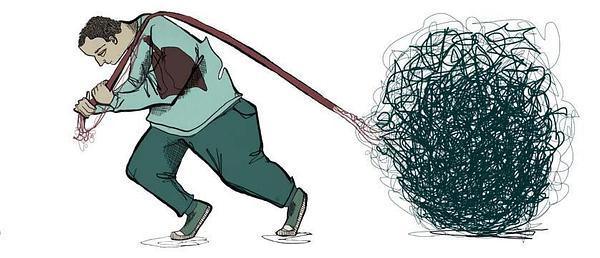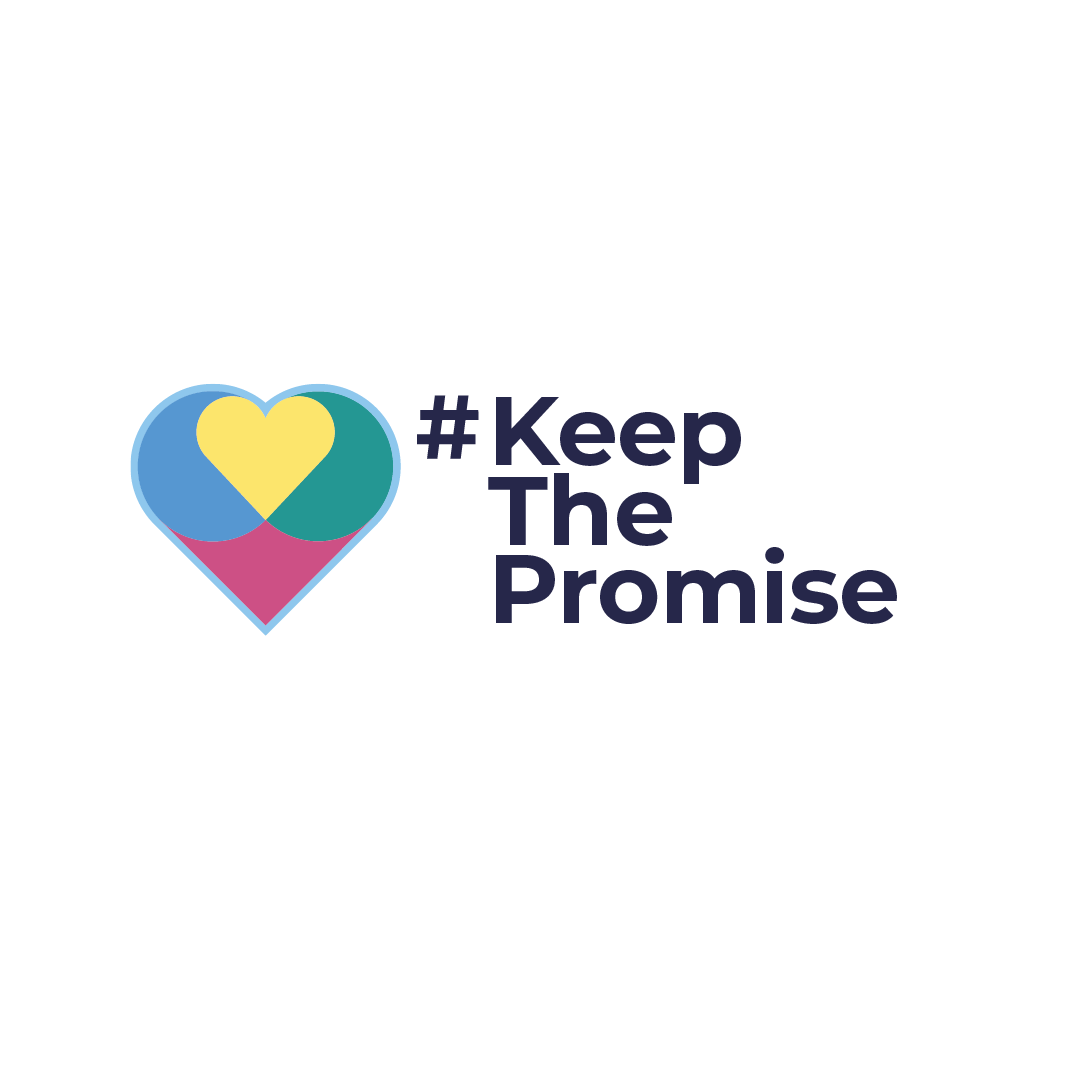'It was bad': Young People, Mental Health and What We Do Next
We need to acknowledge that relationship breakdowns are the significant cause of youth homelessness in the UK but in particular in Scotland.

Young people’s mental health issues have increased since the last Scottish Government report in 2018 it is also acknowledged that even with significant investment from 8.5 percent to 8.8 percent of the NHS Scotland’s health budget for mental health services and treatment, the situation remains the same.
However, referrals to Child & Adolescence Mental Health Services (CAHMS) in Scotland decreased for the quarter ending June 2022, from 9,548 the previous quarter to 9,430. We can only speculate as to why that might be, even though there is still a shortfall in treatment service across the country. In addition, the numbers starting treatment within 18 weeks falls significant short of the Scottish Government target of 90 percent; at last recording they were at 68.4 percent.
The Scottish Centre for Conflict Resolution (SCCR) has just concluded our 2022 national survey in which 236 young people responded. The purpose of the survey was to gather information on the impact of relationship conflict within family settings.
Question 13 asked: How do you feel your mental health and well-being was impacted by the pandemic and lockdowns? Of which 233 young people responded. Over 54% highlighted that their mental health got worse or was negatively impacted, a poignant simple comment ‘It was bad’ seemed to sum it up for me.
Now, if you take this statistic and apply within a population it is significant and a key contributor to relationship conflicts. However, it wasn’t all negative, over 13 percent of respondents indicated that their mental health actually improved during this period, and over 23 percent staying the same, comments suggested that those whose mental health improved had good supportive relationships around them.
We need to acknowledge that relationship breakdowns are the significant cause of youth homelessness in the UK but in particular in Scotland, where over 5000 young people were recorded as homeless in the period 2020-21 because of relationship breakdown, many of which I would suggest impacted the mental health of those involved.
Young people need to heard and listened to, they need to be acknowledged, encouraged and praised of their efforts to help them thrive and grow to become confident and competent individuals, only then will we see change and improvement in health and wellbeing, relationships and ultimately people’s lives.





